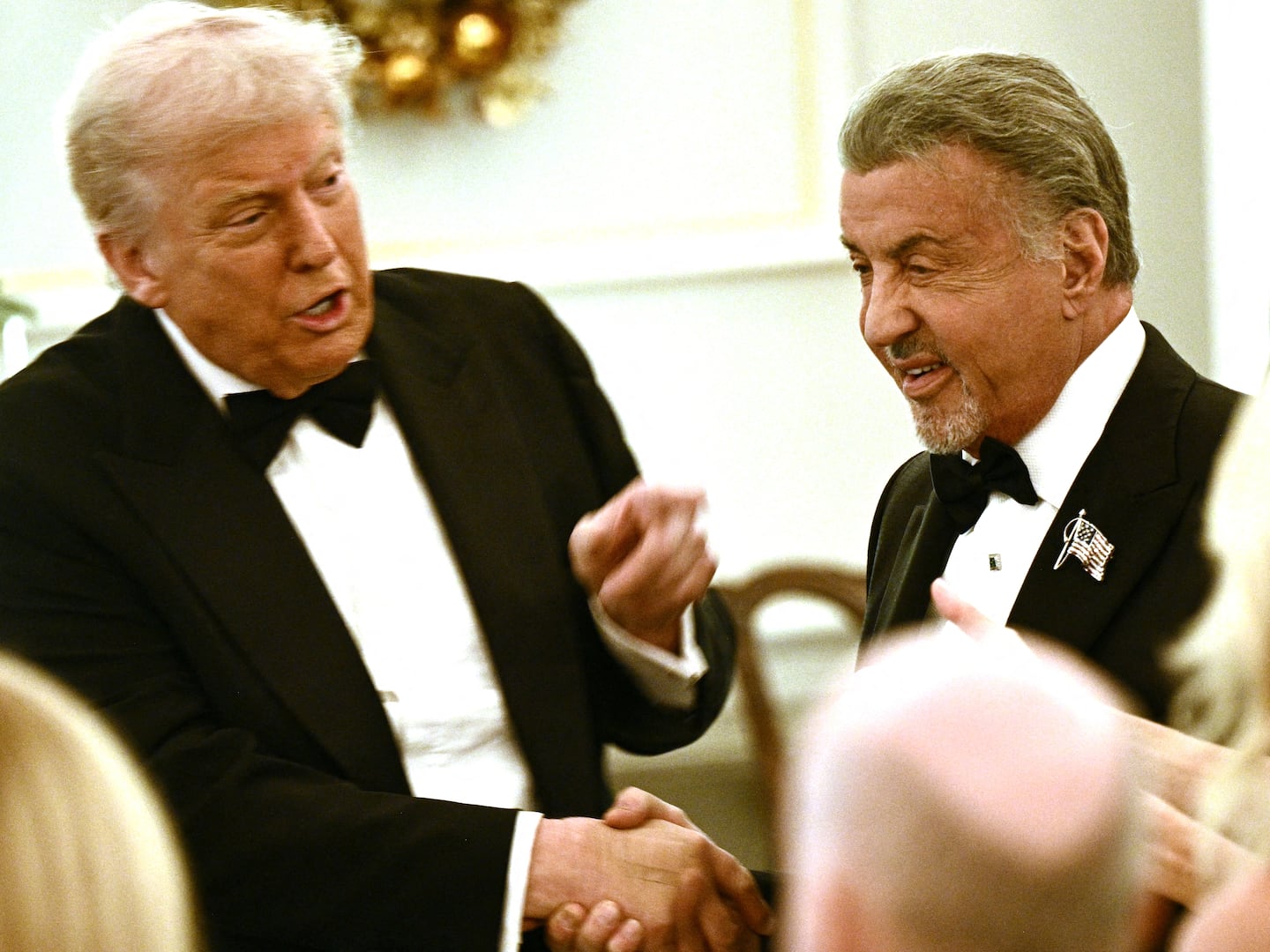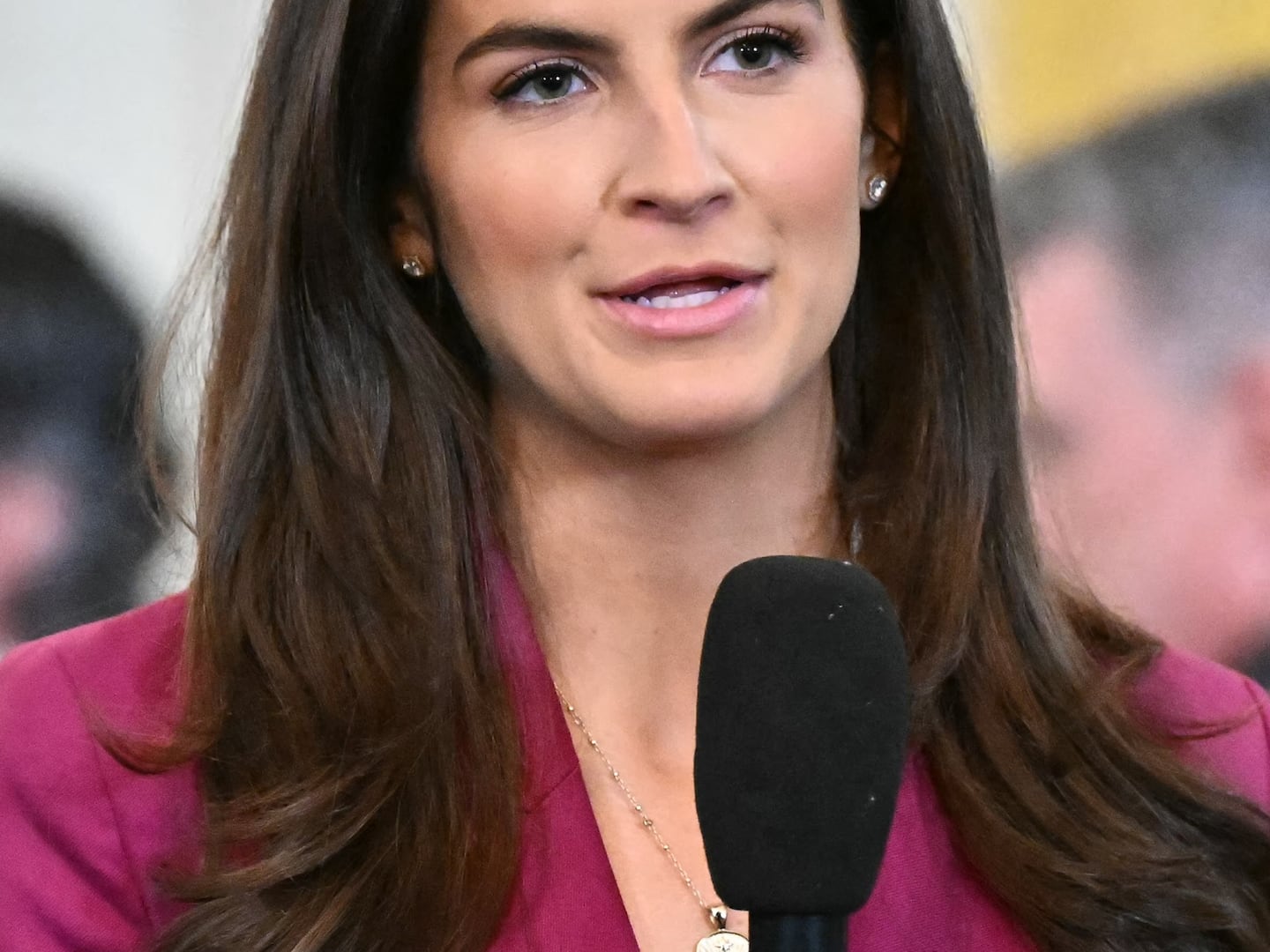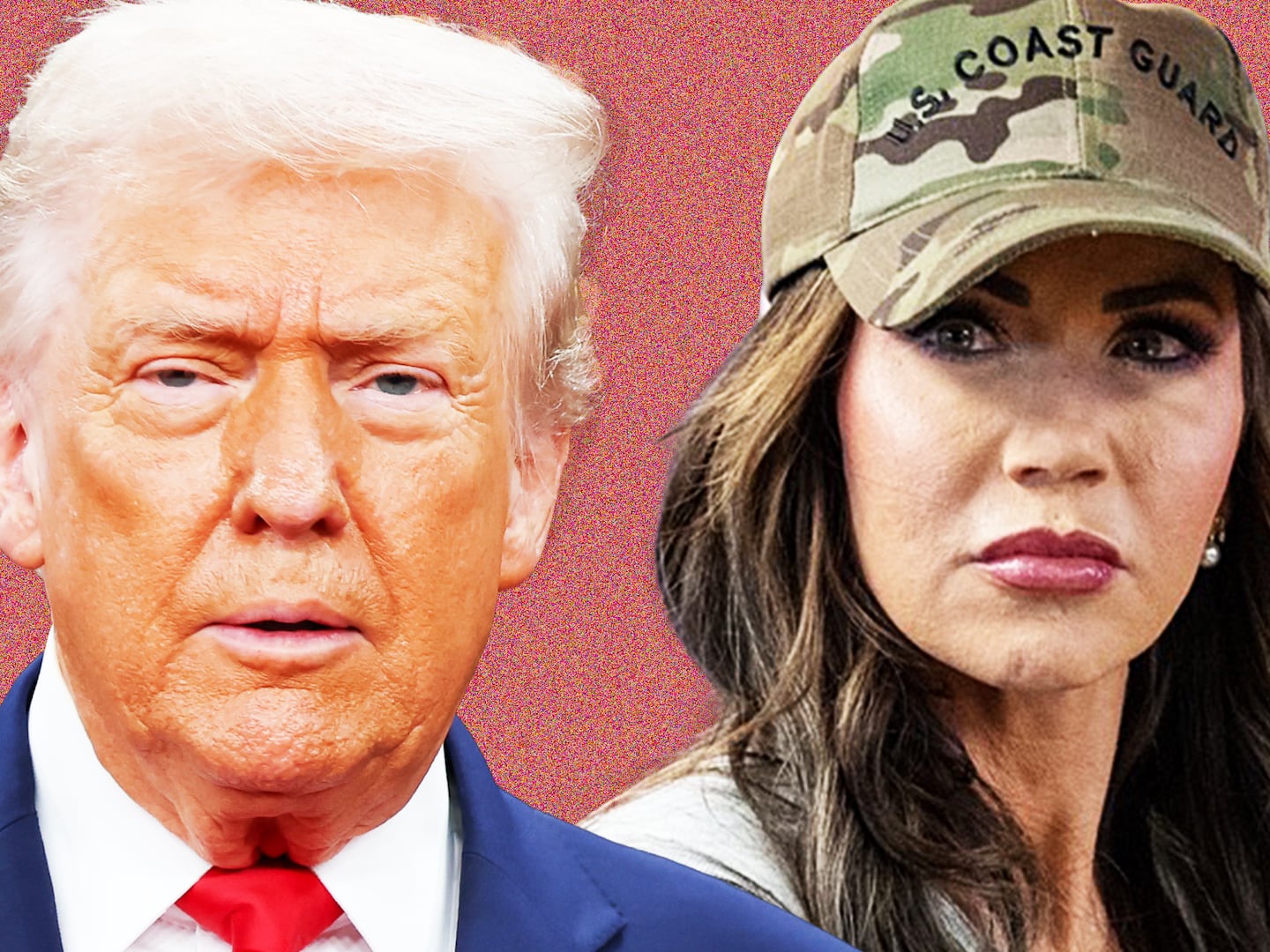Jonathan Chait’s thought-provoking New York magazine article, “Not A Very P.C. Thing to Say,” challenges “the language police” for “perverting liberalism.” Sadly, predictably, critics have proved Chait’s point, continuing to reduce intellectual debate to an essentialism based on an essayist’s biology rather than an essay’s validity. One critic dismissed him as a “sad white man” and a “petulant man-baby.” The history of Political Correctness Chait sketches is too telescoped, however. The impulse’s roots run deeper, while its presence on campus has been more constant—and toxic.
Even as conservatives enjoy this intramural liberal fight, honest rightists should acknowledge their own political orthodoxies and enforcers. Just as the world is round even though the equator looks straight on a map, the extremes of Left and Right often converge in radicals’ intolerance for those who dare to deviate from their doctrines.
While college syllabi and professors may require PC vetting from the Left, elementary and high school textbooks suffer more intense scrutiny from the Right. American teachers do not mimic their Abu Dhabi colleagues who razor-blade out sections of biology textbooks teaching reproduction. Still, the American Library Association feels compelled to maintain the Orwellian sounding “Office for Intellectual Freedom,” to fight book banning. Since 1982, the ALA has celebrated “banned book week,” which began when conservatives objected to Kurt Vonnegut’s Slaughterhouse Five, among other classics. The ALA website reports 5,099 challenges in the last decade, complaining of books rife with sexually explicit material, offensive language, violence, and homosexuality.
Still, the PC impulse comes from the Left—and generates particular fury among open-minded liberals like Chait. Liberals expect their comrades to act better, considering how central liberty is to liberalism (it’s pretty central to American conservatism too, but that’s for another essay). It is also particularly galling to see universities, founded as centers of free thought, menaced by intellectual bullies, even if these sourpuss censors remain a loud, aggressive minority.
Characteristically, intellectuals take their censoriousness so darned seriously they end up doing the silliest things.
Today’s extreme “triggering” and “microaggression” complaints parallel the idiocies Dinesh D’Souza catalogued in his 1991 blockbuster, Illiberal Education: The Politics of Race and Sex on Campus. D’Souza collected the most outrageous examples of academic doublethink in the service of identity politics: from one professor who dismissed “reading and writing” as “merely technologies of control,” while celebrating rap’s oral tradition endorsing violence and demonizing whites, to another who claimed whites became violent because the Ice Age deformed white genes. Disapproval was and is unidirectional. One manual for race and gender education explained, “It is not open to debate whether a white student is racist or a male student is sexist. He/she simply is.”
Ironically, tragically, just as most Americans learned to reject biological determinism in the form of racism and sexism, radical elites resurrected them as tools to advance their agendas.
It took doctrinaire Communists to conjure up this kind of doublethink. Some attribute the origins of the term “politically correct” as a battering ram to Leon Trotsky himself. Chairman Mao echoed it. In the 1960s, as Martin Luther King, Jr., Betty Friedan, and other liberal heroes were teaching their fellow men and women to judge people by the “content of their character,” not the color of their skin or their chromosomal configurations, New Left radicals began rooting righteousness in the identity of the oppressed, independent of their ideas and sometimes regardless of bad behavior.
The double-standards and valorizing of victimization received a big boost from Third World revolutionaries like Che Guevera. In his 1961 book Guerilla Warfare, Che Guevara developed a romantic relativism assuming that “When the forces of oppression come to maintain themselves in power against established law, peace is considered already broken.” Rejecting the Western notion of universal laws fairly applied, Che Guevera Rules suggested that those deemed oppressed had a near absolute right to use violence and any other tactic that worked.
In the United States, these Che Guevara Rules fueled the growing assertiveness of women and African-Americans, especially on campuses. Narrowing and weaponizing the terms, activists defined racism to mean white oppression of people of color rather than bigotry based on race, while defining sexism to mean male oppression rather than bigotry based on gender. Applying the insight of the Third World activist Frantz Fanon, that “Mastery of language affords remarkable power,” Political Correctness became the weapon of the once-marginalized as they seized power, especially in certain humanities departments.
Of course, words matter, and demeaning language rife with sexist and racist innuendo persisted despite the Civil Rights and Feminist revolutions. But these radicals were at once too extreme and too narrow in their focus. The Sixties’ activist turned prominent sociologist, Todd Gitlin, would lament that as the Right took the White House, the Left was busy “marching on the English department.” The PC movement in many ways kept the once-marginalized marginal; the rules they could impose in pockets of the academic world limited their appeal politically in “the real world.”
Chait writes that with Bill Clinton’s ascent in 1992, Political Correctness waned. Instead, as Gitlin notes, it went underground, burrowing into the universities—and making inroads in corporations through that peculiar argot “diversity-speak.” Not surprisingly, it is now going more mainstream, thanks to the Internet’s megaphone and an Obama administration brimming with academics—as well as leftist alumni of politically-correct universities.
Although the most spectacular fights over Political Correctness have been Left-Right clashes such as the battle over Dinesh D’Souza’s book, this latest Chait-triggered dust up reveals longstanding fissures between open-minded liberals and the authoritarian Left. In the 1960s, “New Left” radicals helped defeat the old-fashioned liberal Hubert Humphrey. Kennedy liberals, including Arthur Schlesinger, Jr., Theodore White, and Daniel Patrick Moynihan, denounced the New Left’s totalitarian, Balkanizing, and unpatriotic impulses. As Chait notes, in the 1990s, Clinton showed he was a different kind of Democrat, freed of Jesse Jackson-style identity politics, by denouncing the rapper Sister Souljah for endorsing violence against white people. Now, Chait’s article is yet another chapter in an ongoing civil war between traditional liberals and the Identity Politics Left.
Chait seems particularly upset about the flaming, the cascade of Internet condemnations when good liberals somehow stir the Politically Correct furies. While I lament the harsh rhetoric of the blogosphere and the coarseness of most talkbacks, I worry more about the chilling effect thought policing has on campus, in the media, among Americans. “Oh my body, make of me a man who always questions,” Frantz Fanon exclaimed. Robust intellectual journeys can’t be choreographed or dictated. Questioning is not always comfortable. Orthodoxies, Left or Right, become stale very quickly, valuing loyalty to what was believed rather than openness to what might be understood.
I don’t want to teach in such a static environment. I don’t want to write in such a smothering vacuum. And I fear the kind of democracy we will become if we start generating too many rigid, smug, sterile, judgmental citizens.





